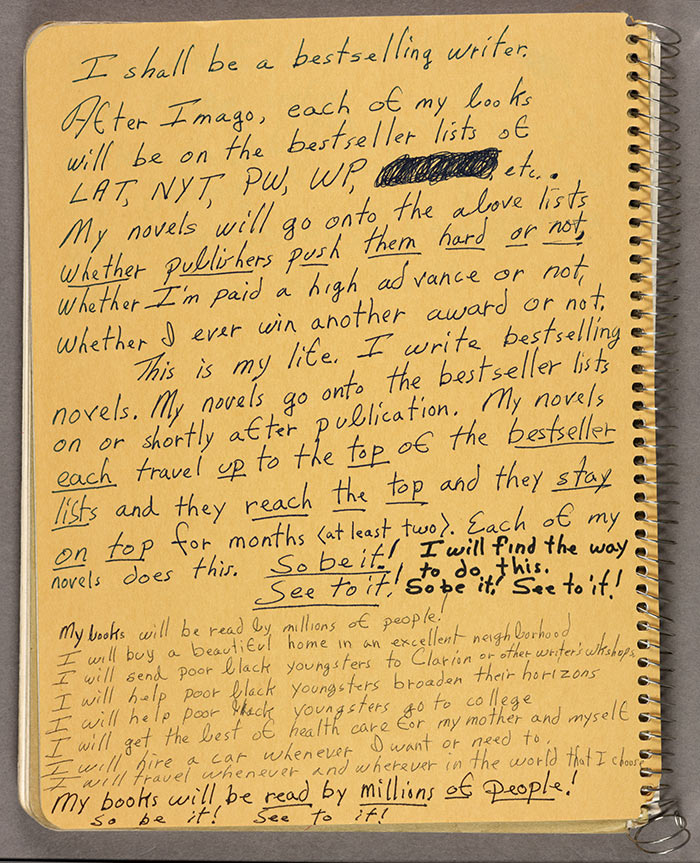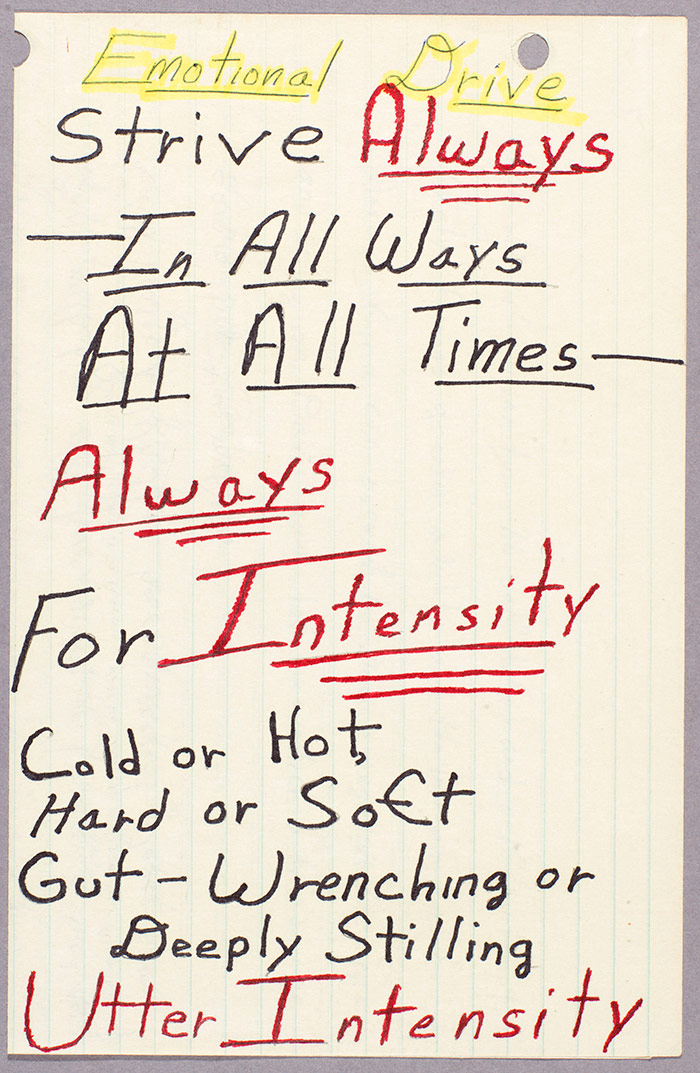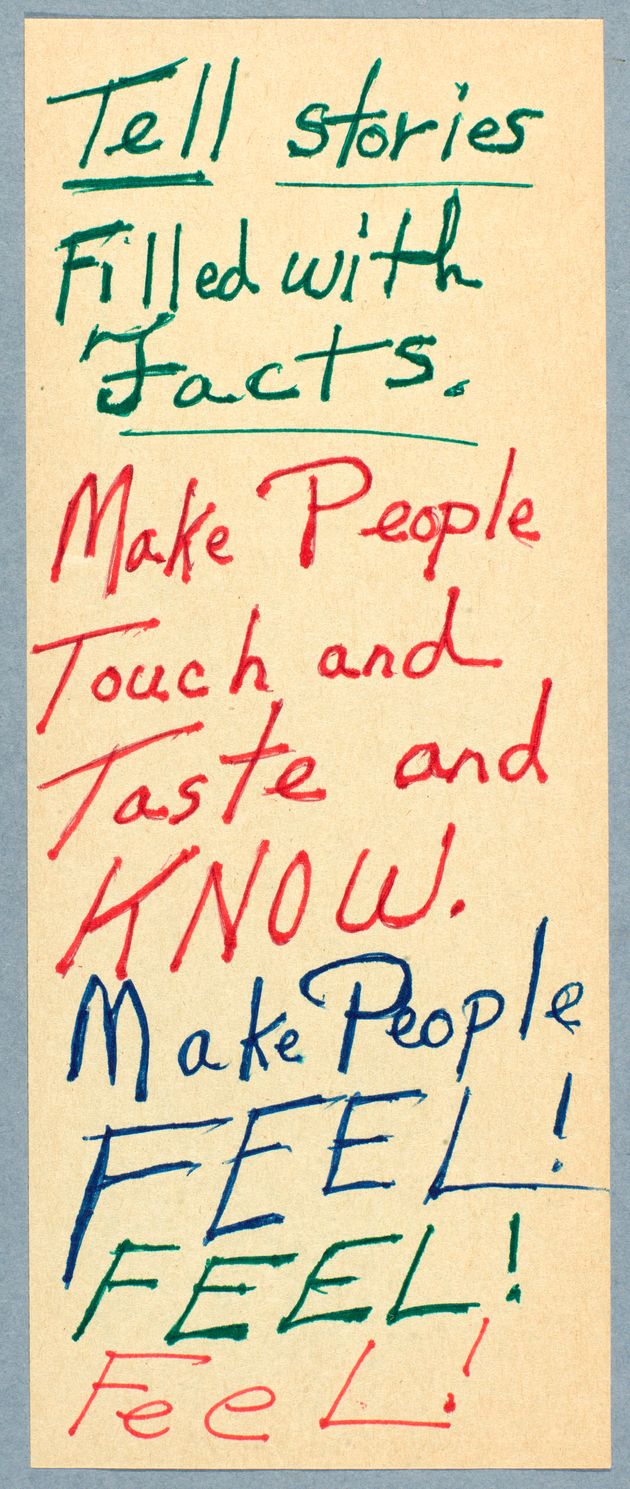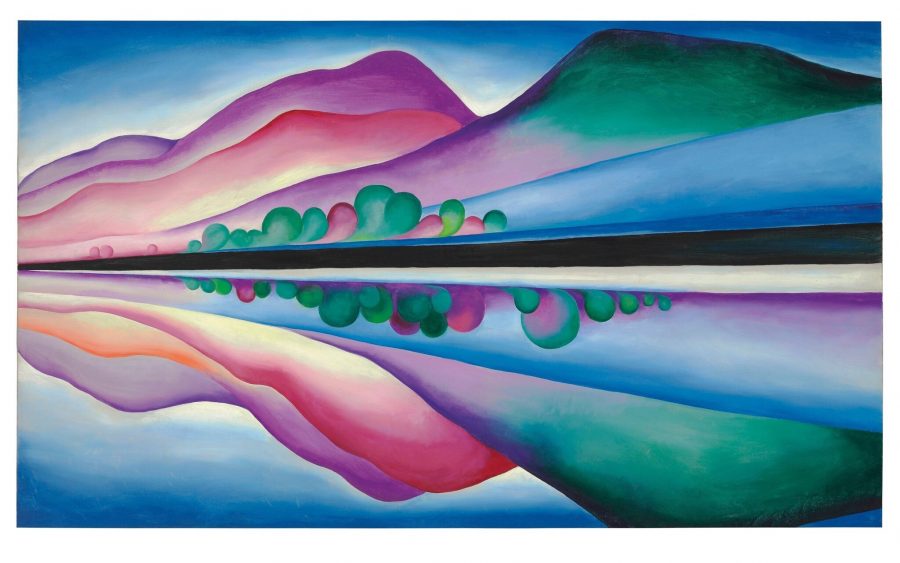The Beastie Boys’ record-shattering Licensed to Ill is thirty-four years old. This fact might mean nothing to you, or it might mean that you are thirty-four years older than the moment the album came out in November of 1986, and suburban parents around the country, maybe even your parents, freaked out in unison. The album was a stroke of genius from producer Rick Rubin, delivering hip-hop safe for white kids while also giving them permission to be as obnoxious as possible.
Ostensibly a rap record, the first ever to hit number one, Licensed to Ill also rode in on the crest of the mid-80s Satanic Panic. Rubin’s decision to set its exaggeratedly juvenile rhymes to samples of Black Sabbath and Led Zeppelin made a defiant statement—and bringing in Slayer’s Kerry King to play guitar on “No Sleep till Brooklyn” really rubbed it in. He was simultaneously producing Slayer’s Reign in Blood, and both albums managed to terrify, and appeal to, many of the same people.
Lyrically, Licensed to Ill kept things light and goofy but also amplified some corrosive misogyny and homophobia, for which the band has made amends and apologies over the years. Adam Horowitz called their personas on the album “idiot caricatures of ourselves.” Of its first, discarded, title, he says, “it was meant to be a joke about jock frat dudes.” They moved on and moved to L.A., showing very different sides of themselves on follow-up Paul’s Boutique. You’re probably familiar with Rick Rubin’s post-Licensed to Ill career and all-around status as a hip-hop, metal, rock, pop, country, etc. producer.
They hadn’t been in touch in around twenty years when Rubin and surviving Beastie Boys Adam Horowitz and Michael Diamond sat down—over Zoom—recently for the Rubin-hosted Broken Record Podcast. There’s a lot of catching up to do. They start at the very beginning, when the trio was still in high school and Rubin lived in the NYU dorms and occasionally went to classes. From the perspective of their current selves, they realize how strange it was that they hardly knew anything about each other at the time. There are also a few lingering misunderstandings to clear up.
Joining them is Spike Jonze, director of the classic video for “Sabotage” and of the upcoming Beastie Boys Story (trailer above). The film is a “love letter to hip hop’s golden age,” writes Kevin Eg Perry at NME, an “intimate, personal story of their band and 40 years of friendship.” Every Beastie Boys retrospective, and there have been a few lately, is tinged with sadness for the conspicuous absence of Adam Yauch (MCA).
He appears here in spirit and on video, projected on a giant screen behind Horowitz and Diamond onstage in the live storytelling event filmed by Jonze. “They’re frank about the shittiness of some of their past behavior,” Perry notes, like firing founding member Kate Schellenbach because she didn’t fit their new tough-guy act. It’s a grown-up perspective that will surprise no one who has followed the course of their creative and personal evolutions.
Related Content:
Watch 36 Beastie Boys Videos Now Remastered in HD
Josh Jones is a writer and musician based in Durham, NC. Follow him at @jdmagness





